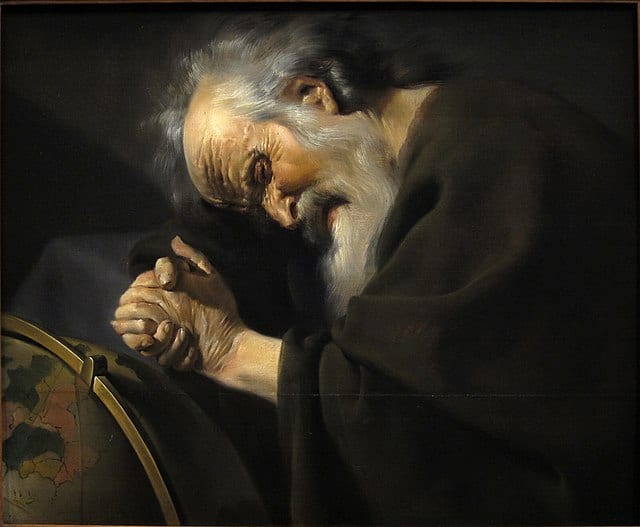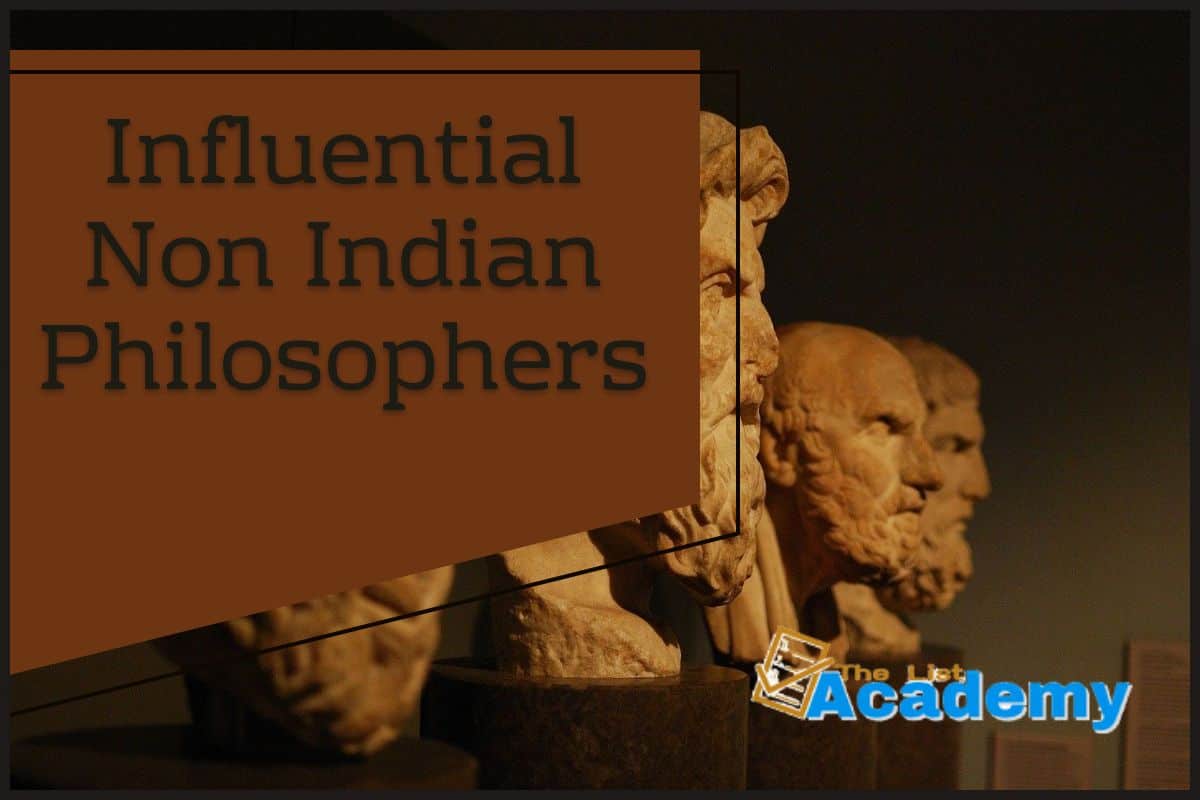
Heraclitus
Heraclitus of Ephesus (c. 535 – c. 475 BC, fl. 500 BC) was an Ancient Greek, pre-Socratic, Ionian philosopher and a native of the city of Ephesus, which was then part of the Persian Empire.
His appreciation for wordplay and oracular expressions, as well as paradoxical elements in his philosophy, earned him the epithet “The Obscure” from antiquity. He wrote a single work, On Nature, only fragments of which have survived, increasing the obscurity associated with his life and philosophy. Heraclitus’s cryptic utterances have been the subject of numerous interpretations. He has been seen as a “material monist or a process philosopher; a scientific cosmologist, a metaphysician and a religious thinker; an empiricist, a rationalist, a mystic; a conventional thinker and a revolutionary; a developer of logic—one who denied the law of non-contradiction; the first genuine philosopher and an anti-intellectual obscurantist.Heraclitus was of distinguished parentage but he eschewed his privileged life for a lonely one as a philosopher. Little else is known about his early life and education; he regarded himself as self-taught and a pioneer of wisdom. He was considered a misanthrope who was subject to depression and became known as “the weeping philosopher” in contrast to Democritus, who was known as “the laughing philosopher”.
Lists containing Heraclitus :
84 Most Influential and Popular Philosophers

Philosophy is a beautiful art of searching for the meaning of life and understanding various elements related to human existence, purpose, and sometimes the universe itself. The term philosophy was coined by Pythagoras in c. 570 – 495 BCE and since then many great philosophers took birth in various parts of the world especially in…
